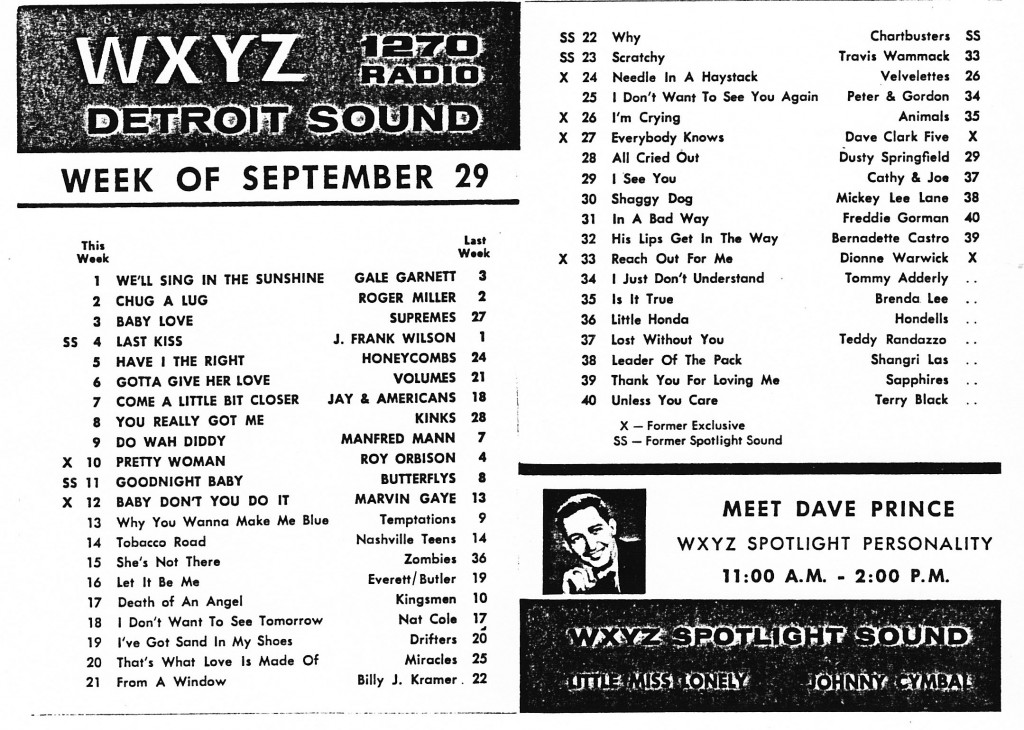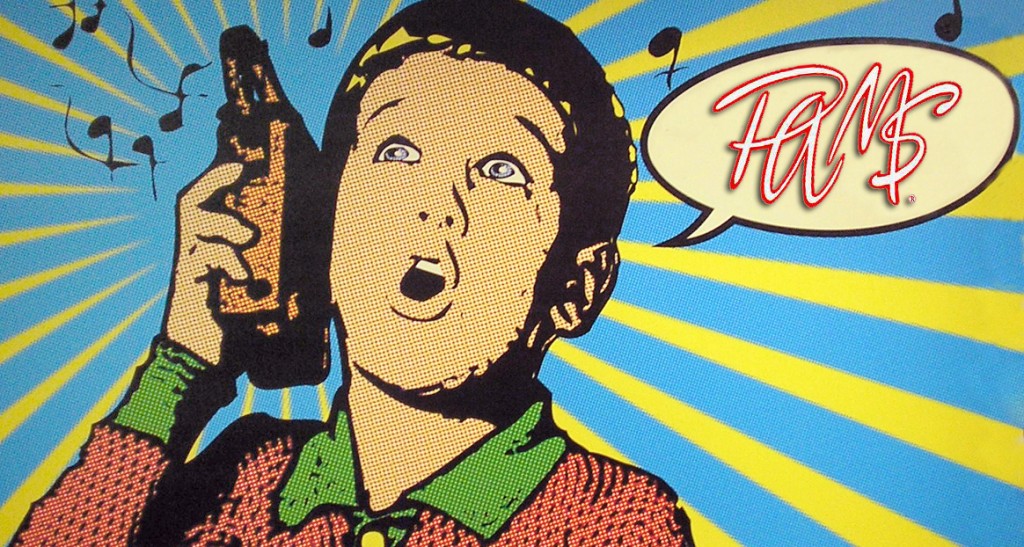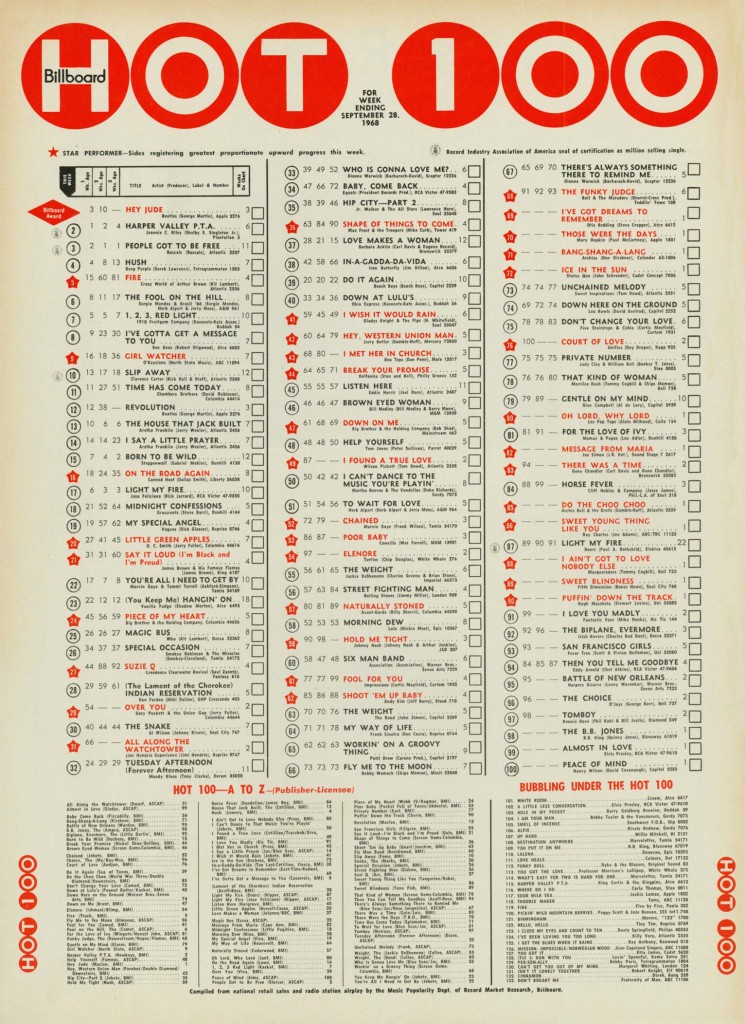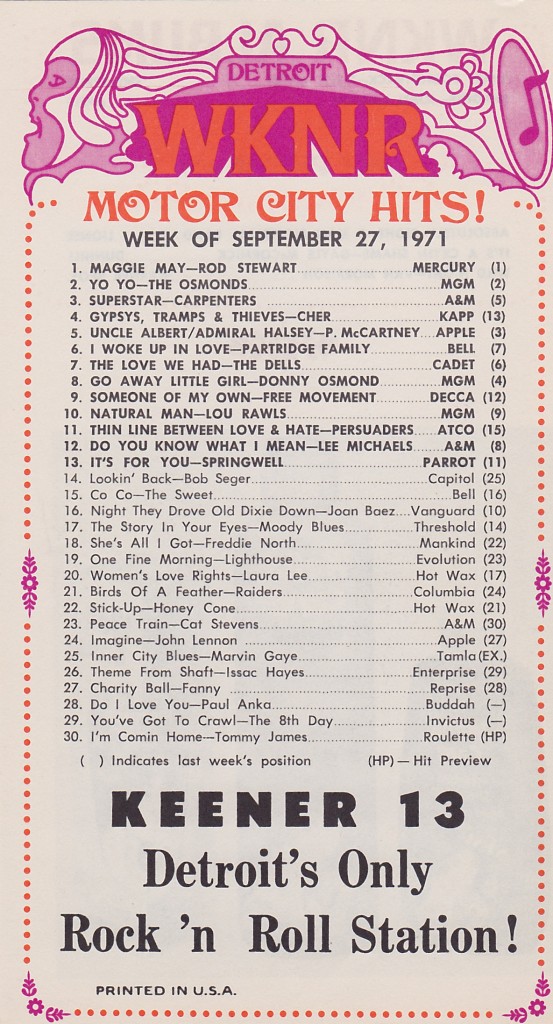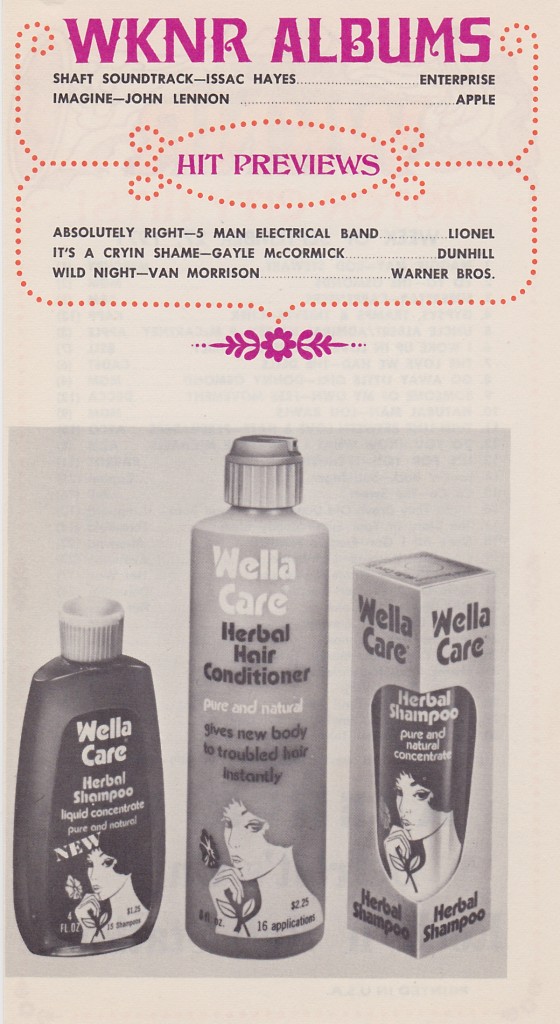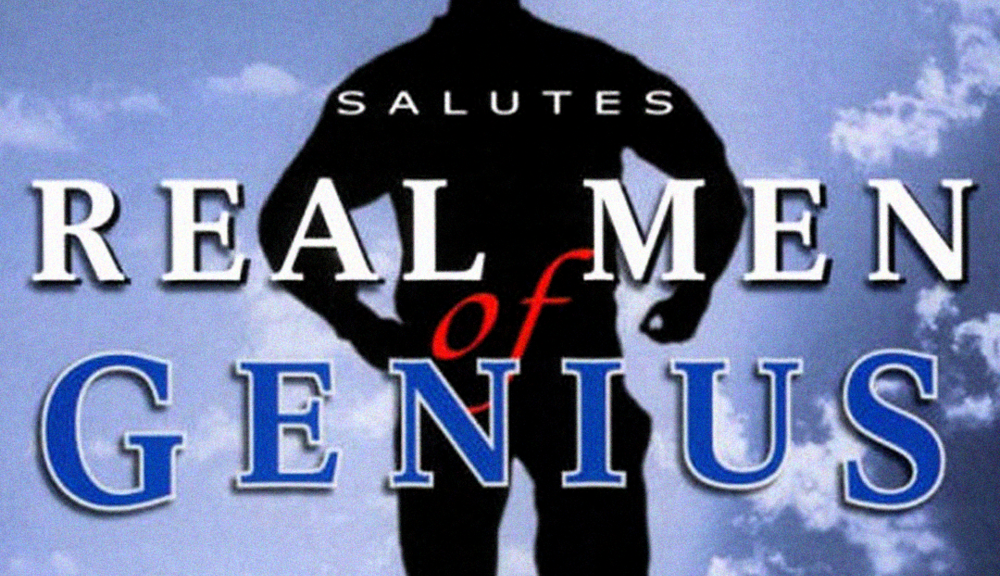![]()
Month: September 2014
GAVIN REPORT: ‘DEEJAYS SHOULD EYE FATHER TIME’ . . . JULY 11, 1964
 From the MCRFB NEWS archives: 1964
From the MCRFB NEWS archives: 1964
The Bill Gavin Newsletter (July 1964)
From the Desk of Bill Gavin Billboard Contributing Editor
J O B S E C U R I T Y I S O F just as much concern in radio these days as it is in any other big business. Union staff contracts covering staff air personnel usually provided for seniority rights and severance pay, designed to discourage employers from making staff replacements. Most stations within AFTRA jurisdiction hire their disk jockeys on a contract basis. This means while the money is above scale, there are few, if any, security guarantees.
Outside of the major cities, comparatively few disk jockeys are covered by union contracts. Their job tenure depends on performance, and sometimes a managerial whim or prejudice will move a jock out of a job that he has been filling competently.
 H I S T O R I C A L L Y T H E R O U T I N E worker has sought his job security in a union contract, designed to protect him from capricious or discriminatory firing as long as he performed his required functions in a satisfactory manner. The performing artist, on the other hand, holds his position on the basis of that mysterious rapport that he creates with his audience. His continued value to his employer depends on the demonstrated approval of the audience as well.
H I S T O R I C A L L Y T H E R O U T I N E worker has sought his job security in a union contract, designed to protect him from capricious or discriminatory firing as long as he performed his required functions in a satisfactory manner. The performing artist, on the other hand, holds his position on the basis of that mysterious rapport that he creates with his audience. His continued value to his employer depends on the demonstrated approval of the audience as well.
The disk jockey, while he may not be a performing artist in a true sense, still comes under the general classification as “talent.” He seldom asks, or receive, any contract guarantees as to his job duration. His own ability is his only job security.
Under such circumstances, it is rather amazing to note how few disk jockeys concern themselves with their own “job security” status. Only a small minority of the DJ’s with whom I have talked have faced up to the fact that theirs is a young man’s calling, with vastly diminishing opportunities for those over the age of 50. They make comparatively good money, and it seldom occurs to them that it may be otherwise in another 10 or 15 years.
A P E R S O N N E L E X P E R T O N C E observed that the job of the radio announcer (or disk jockey) is the highest paid “blind alley job” in the world. Most jobs in business and industry offer promotion opportunities to capable employees. In radio, this might also apply to disk jockeys, were it not for the fact that the DJ not infrequently makes as much money as the station manager — what with his hops and concerts. Small wonder, then, that the deejay’s ambitions is usually just to be a bigger and better DJ, rather than to move up toward administrative and managerial levels.
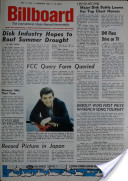
Radio, as everybody knows, is show business. To the average deejay, however it is mostly show and not much business. All too often, the business with which the deejay concerns himself is the record business rather than the radio business. This is not too surprising. Since he deals with records, the deejay learns a great deal about them. He is sought after and flattered by record people connected with the industry. He derives himself a sense of accomplishment from the knowledge of his own importance in the recording world. For making hits he receives applause. For making ratings, he receives only money. Human nature being what it is, the DJ is apt to take the money for granted and to orient his interests in the direction of the applause.
I H A V E M A N Y D E E J A Y F R I E N D S who are old men in a young man’s world. Their track record for their skills speak well for their skills and for themselves. They have all had 20 or more years of radio experience, but they have learned no skills other than the use of their voices on a live microphone. They have never bothered to learn about sales, personnel direction, advertising, research, taxes, accounting and all of the many other things that form an integral part of radio operation.
Radio offers worthwhile opportunities to everyone who works at it. It seems unfortunate that so few deejays recognize and accepts the opportunities for continued growth in and with their chosen field. It may be that the personality type that does well as a deejay does not readily lend itself to the required discipline of training and learning in the less exciting phases of his craft.
I S U B M I T T H A T P A R T of the failures to utilize DJ skills and experience more widely in a radio operation can be laid at the door of management. One or two large chain operations actually do follow a policy of encouraging and training their program personnel so that their value to the organization increases with the years. Unfortunately, most stations do not.
In the final analysis, however, it is up to each individual DJ. The opportunities for continued growth and value in his mature years are there. If he wants to build for his future, he can. END
___
(Information and news source: Billboard; July 11, 1964)
![]()
WXYZ * SEPTEMBER 29, 1964
CLASSIC ‘PAMS’ RADIO JINGLES AS HEARD ON: WXYZ!
THIS WEEK: BILLBOARD ‘HOT 100’! SEPTEMBER 28, 1968
WKNR * SEPTEMBER 27, 1971
RADIO: BUD LIGHT BEER SALUTES REAL MEN OF GENIUS
FROM THE MCRFB MUSIC COLLECTION: ’61 MEMORIES!
![]()
FROM THE MCRFB MUSIC COLLECTION: ’62 MEMORIES!
![]()

